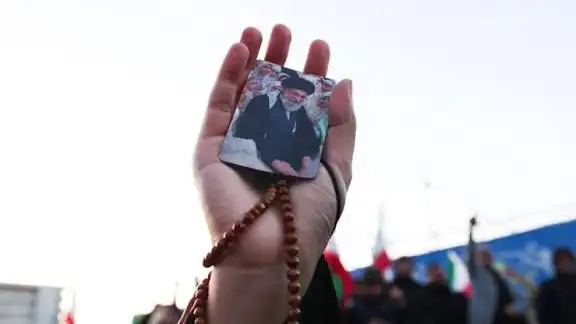The Balkan region is grappling with severe weather events following an intense heatwave that saw temperatures soar above 40°C (104°F). In Croatia, a powerful hailstorm struck the Adriatic port city of Split, causing significant damage. High winds and hail destroyed the roof of the Poljud soccer stadium and led to a ferry breaking its moorings, which collided with two other vessels, resulting in one sinking. At least three people were injured, and the city witnessed widespread damage, including uprooted trees and flooded streets.
Neighboring Serbia is contending with over 600 wildfires, exacerbated by the ongoing drought. The fires have led to the injury of six individuals and prompted emergency declarations in several municipalities. Authorities have urged residents to exercise caution, as the dry and hot conditions increase the risk of wildfires. Additionally, the Serbian meteorological institute has issued warnings about low water levels in major rivers, including the Danube and Sava.
In Greece, the island of Crete has been severely affected by wildfires. A large blaze near Ierapetra forced the evacuation of over 1,000 residents and tourists. The fire rapidly intensified due to scorching heatwaves and strong winds, damaging forests, olive groves, homes, and hotels. Approximately 230 firefighters, supported by engines and helicopters, have been deployed to combat the flames. The situation has raised concerns about the impact on Crete’s tourism sector, with potential negative effects on summer bookings.
Turkey is also battling wildfires, particularly in the Izmir province, where over 50,000 residents have been evacuated. The fires have caused significant damage to property, agricultural land, forests, and even the İzmir Adnan Menderes Airport. The extreme heatwave, with temperatures reaching up to 46.6°C (115.9°F), has been linked to climate change, with scientists attributing the early, intense heatwaves to warming sea temperatures and atmospheric conditions.
The Western Balkans are experiencing a severe drought exacerbated by the heatwave, with temperatures rising to 40°C (104°F) in Albania and 41°C (105.8°F) in Bosnia. The lack of rainfall since winter has nearly dried up rivers, significantly affecting agriculture and hydropower generation. In Albania, authorities have diverted water from the Mat River to irrigate 4,000 hectares of farmland. However, hydropower output has declined, prompting the government to spend €60 million ($70 million) on energy imports. In Kosovo, the popular Germia swimming pool in Pristina remains closed due to insufficient water, a result of diminished natural water sources.
Experts attribute these extreme weather patterns to climate change, noting that similar conditions have been observed across Europe in early July. The combination of heatwaves, droughts, and wildfires underscores the urgent need for comprehensive climate adaptation and mitigation strategies in the region.












Could this be a wake-up call for better disaster preparedness in the Balkan region? Lets discuss and brainstorm solutions together!
Wow, do you think climate change is to blame for these extreme disasters in the Balkans? Its getting pretty scary out there.
Can we blame climate change for these extreme events, or is it just bad luck? Lets discuss! 🌪️🔥🤔
Do you think climate change could be a factor in the severe storms and fires in the Balkan region? Its worth considering!
Wow, can we blame climate change for these disasters? Or is it just nature doing its thing? What do you think?
Isnt it crazy how the weathers been lately? Mother Nature is really showing us whos boss. Stay safe everyone!
Do you think climate change is to blame for the increase in severe storms and fires in the Balkan region? Lets discuss!